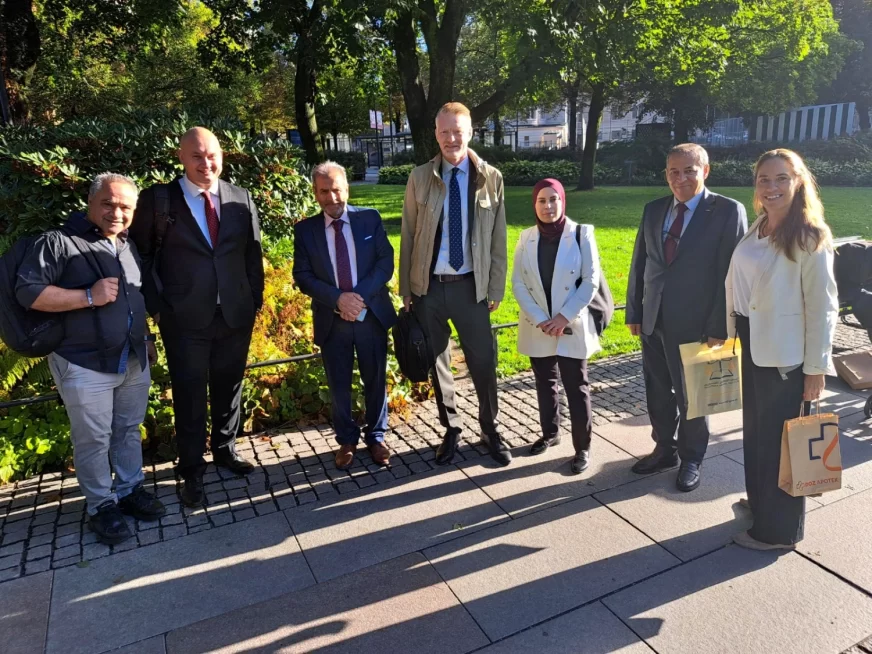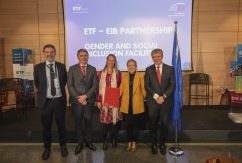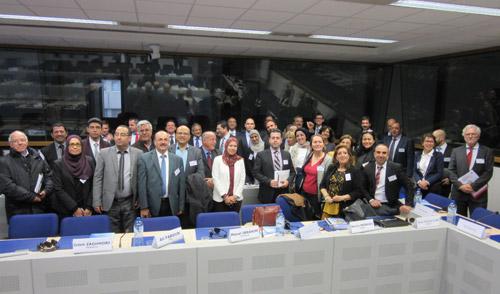EUPOL COPPS facilitated Palestinian judges’ activities in Sweden

Heavy restrictions and obstacles affect the movement of Palestinians, including professionals working in the judiciary system, as going from one city to another often implies passage closures. While there is a need to strengthen the capacity of legal staff in Palestinian institutions on law making, policy planning, and quality control while advancing gender equality, the training of judges in person, is very difficult.
To support its Palestinians counterparts serving in judicial institutions filling a gap on their capacity strengthening, EUPOL COPPS facilitated a Study visit to Stockholm, Sweden, for representatives of the Palestinian Judicial Institute (PJI) and High Judicial Council (HJC), hosted by The Swedish National Court Administration (SNCA), from 9 to 13 September.
The overall objective of the visit was to enhance the capacity of the PJI in court management skills, designing new trainings and producing e-learning courses through exchanges with the SNCA.
In Stockholm the Palestinian professionals visited several venues, learning about competence portal and internal training, including the Swedish Prosecution Agency, with focus on prosecution training, the local office of Swedish National Court Administration and a Swedish court, exploring different digital means enabling for online court sessions.
Although the PJI, has a long-standing cooperation with the SNCA, the study visit has been the occasion to formally kick off a new Memorandum of Understanding (MoU) between the parties on future cooperation for training, in the making as of 2023 and delayed due to the worsening of security situation in the Middle East over the last year. EUPOL COPPS has advised on and facilitated the drafting and signing of the MoU.
Participating virtually to the signing ceremony for the MoU from Ramallah, EUPOL COPPS Head of Mission, Karin Limdal, commended the “enormous resilience” of the Palestinian counterparts in carrying on with their work delivering justice, “despite all obstacles”.
Professional training of judges and prosecutors constitutes “one of the fundamental guarantees of independence and the impartiality of judges in the exercise of their functions”, added the HoM, stressing that training is an essential component of any efficient legal system striving for providing high quality justice.





























 Syria
Syria 




